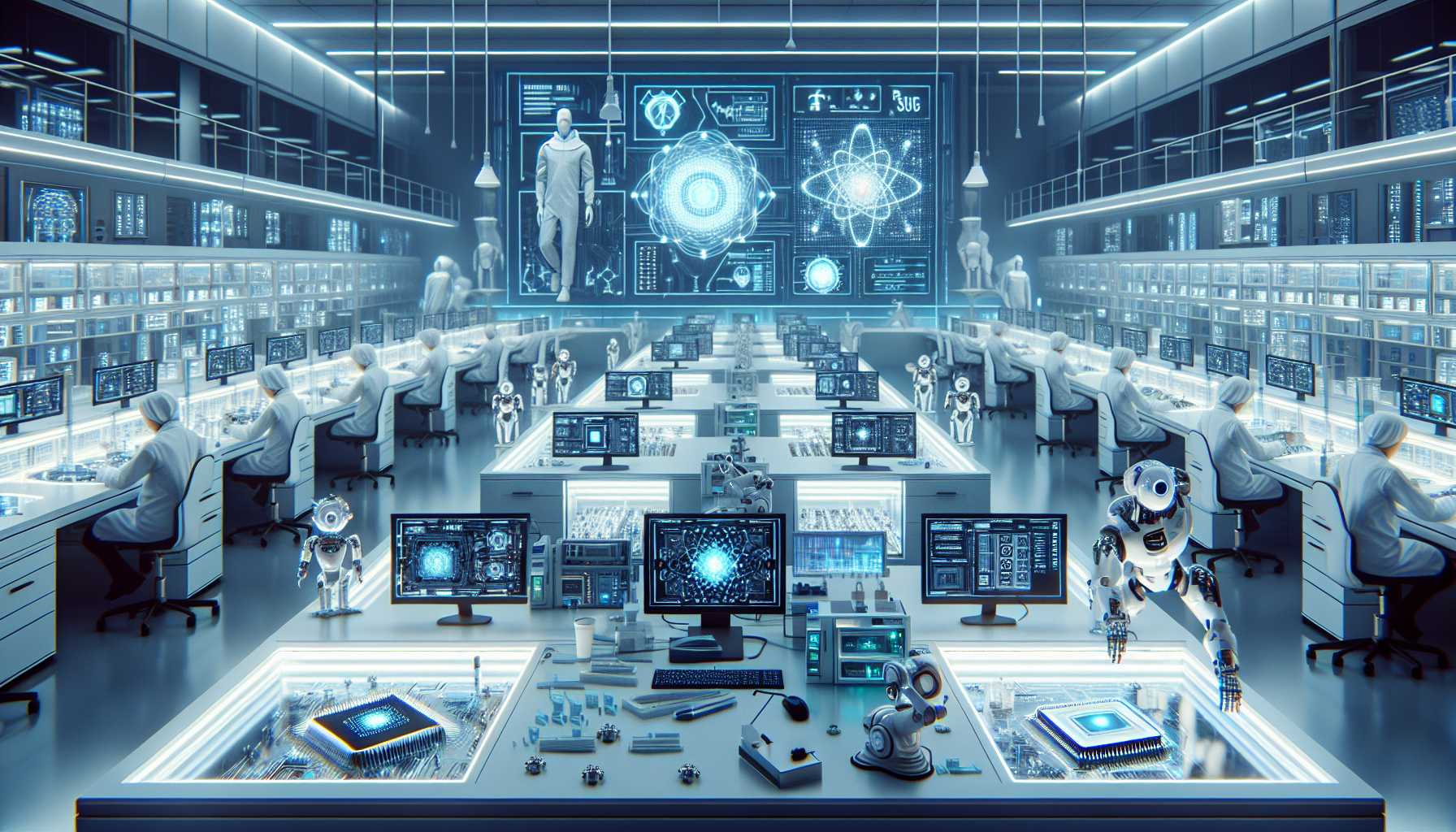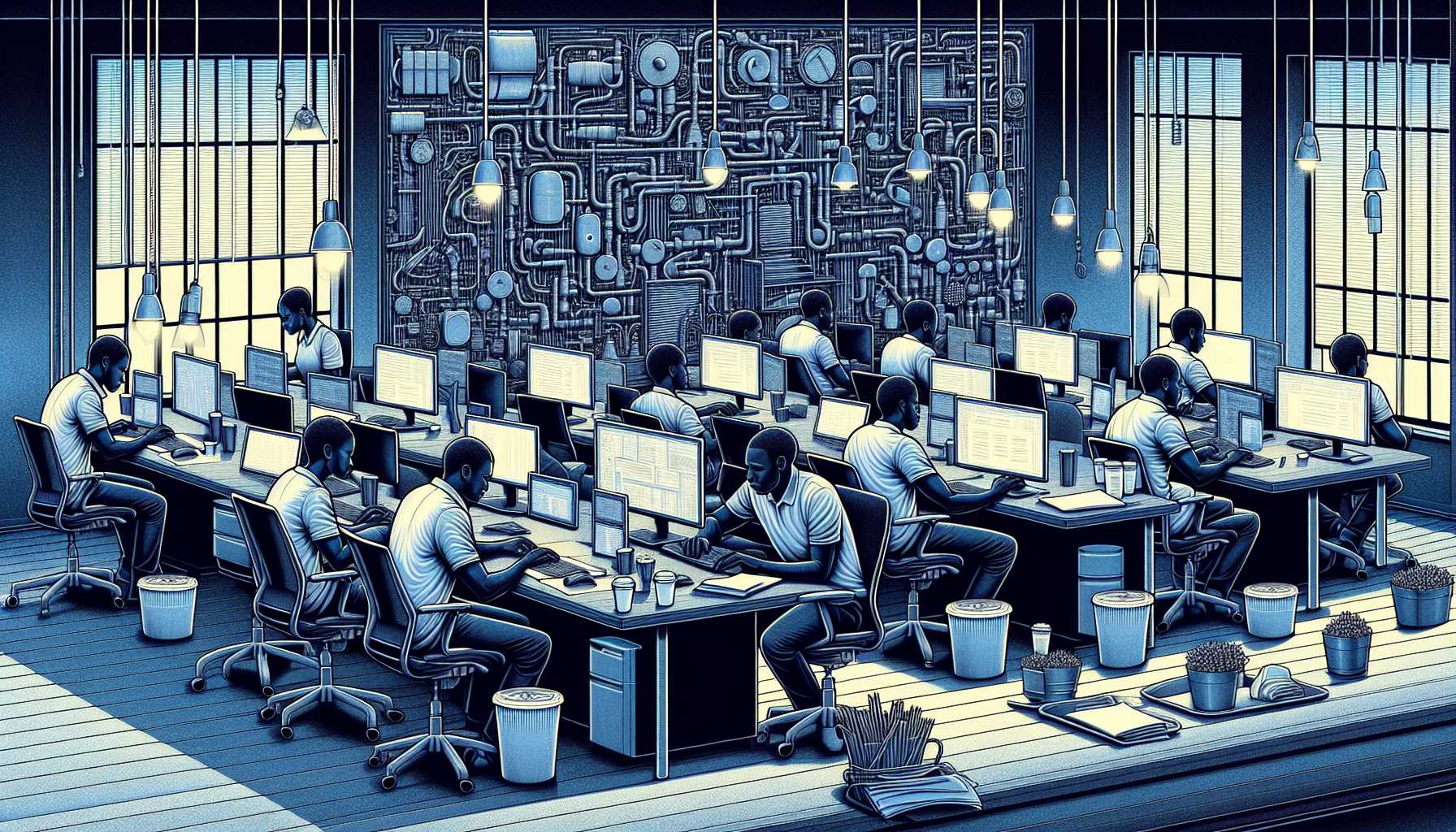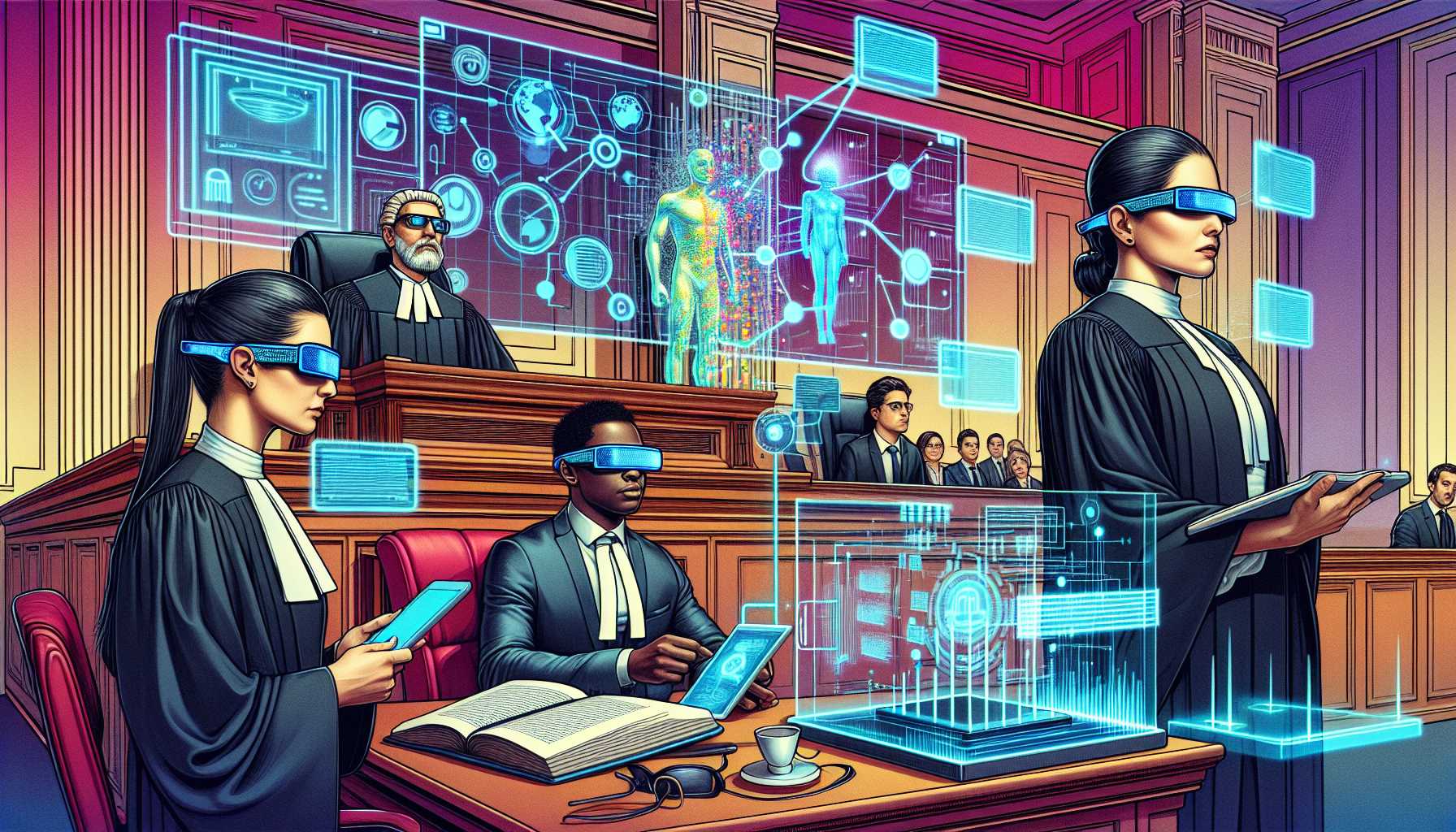The Tech Industry in 2024: A Year of Layoffs, Mistakes, and AI Advancements
The tech industry is a dynamic and often volatile landscape, and 2024 has been a rollercoaster year marked by significant layoffs, eyebrow-raising mistakes, rapid AI advancements, and legal confrontations. In this article, we delve into these major events and their implications for the industry and society at large.
The Layoff Tsunami in Tech
The tech industry has been hit by a wave of layoffs that show no sign of abating. Major companies like Tesla, Amazon, Google, and Microsoft are leading the charge, cutting thousands of jobs as they pivot their strategies and streamline operations. Smaller startups haven’t been spared either, with many experiencing significant downsizing or even shutting down altogether.
This trend highlights a critical shift in the industry as companies reallocate resources and embrace automation and AI. While these changes promise greater efficiency and innovation, they also come with a human cost, affecting tens of thousands of workers and their families.
As a tech investor, I see this as a double-edged sword—the push towards AI could drive long-term growth, but the short-term impacts on the workforce and innovation are concerning.
The Fat-Finger Trade Blunder at Citigroup
In May 2022, a Citigroup trader’s fat-finger error led to a $444 billion trade instead of the intended $58 million, causing a five-minute flash crash in European markets. This incident underscores the potential risks in financial systems, particularly when human error combines with complex trading technologies.
The subsequent investigation by UK regulators resulted in a $78 million fine for Citigroup, highlighting the importance of robust risk management systems. As a tech expert, this event serves as a reminder that even the most advanced systems require vigilant oversight and continuous improvement to prevent such costly mistakes.
NVIDIA’s AI Chip Transition
NVIDIA, a giant in the semiconductor industry, faced market fluctuations following reports that Amazon Web Services had halted orders for its current data center processors in favor of a more powerful model, the Grace Blackwell. While AWS corrected the initial story, stating that the transition was a joint decision, it raised concerns among investors about potential sales gaps before the new chip’s launch.
NVIDIA’s stock wavered but showed resilience as the news settled. The company’s quick response and strategic partnership with AWS highlight its agility in navigating the fast-evolving AI landscape. As an investor, I remain optimistic about NVIDIA’s future, given its pivotal role in AI advancements and continued innovation.
Exploitation in AI Training
The human cost of AI training became a focal point when African workers, employed by companies like Meta and OpenAI, published a letter to President Biden, decrying their working conditions. These workers, often paid meager wages, endure the mental toll of moderating horrific online content or training AI models.
This revelation forces us to confront the ethical implications of AI development. As technology leaders, we must ensure fair labor practices and mental health support for these essential workers. Investing in sustainable and ethical AI practices is not just a moral imperative but also crucial for the industry’s long-term credibility and success.
Legal Struggles with AI Innovation
OpenAI faced legal action from actress Scarlett Johansson over its voice model, Sky, which she claimed closely resembled her own voice from the movie “Her.” This controversy adds to the growing legal challenges in the AI field, where issues of intellectual property and right of publicity are becoming increasingly prominent.
The case underscores the need for clear ethical guidelines and legal frameworks around AI usage. It also serves as a cautionary tale for companies to navigate the fine line between innovation and infringement carefully. As a tech expert, I advocate for transparent and respectful AI development that considers all stakeholders’ rights and contributions.
The Humane AI Pin’s Rocky Start
The launch of the $700 Humane AI Pin was met with lukewarm reviews due to various performance issues. Now, the company is reportedly up for sale, seeking a valuation close to $1 billion. Despite its ambitious vision, the device’s practical challenges highlight the gap between AI potential and current capabilities.
This scenario reflects the broader journey of AI devices—promising but still maturing. As an investor, it’s crucial to balance enthusiasm for cutting-edge technology with realistic expectations about its readiness and market acceptance.
OpenAI’s Trustworthiness Under Scrutiny
OpenAI’s recent controversies, including high-profile executive departures and allegations of insufficient safety measures, have put the organization’s trustworthiness in question. This scrutiny comes at a time when transparency and reliability are paramount for public and industry confidence in AI technologies.
For the AI industry to thrive and gain widespread acceptance, companies must prioritize ethical practices, robust safety protocols, and transparent communication. As a tech investor and expert, I believe in holding companies accountable to ensure they contribute positively to society while driving technological progress.
The Future of AI and Tech
The events of 2024 paint a complex picture of the tech industry’s evolution. While layoffs and ethical concerns pose significant challenges, the relentless drive for innovation and efficiency continues to shape the future.
As we move forward, balancing technological advancements with ethical considerations and fostering a supportive environment for all stakeholders will be crucial for sustainable growth and innovation.
In conclusion, the tech industry must navigate these turbulent waters with a clear focus on human impact, ethical practices, and transparent communication. Only then can we unlock the full potential of AI and other emerging technologies to benefit society as a whole.








